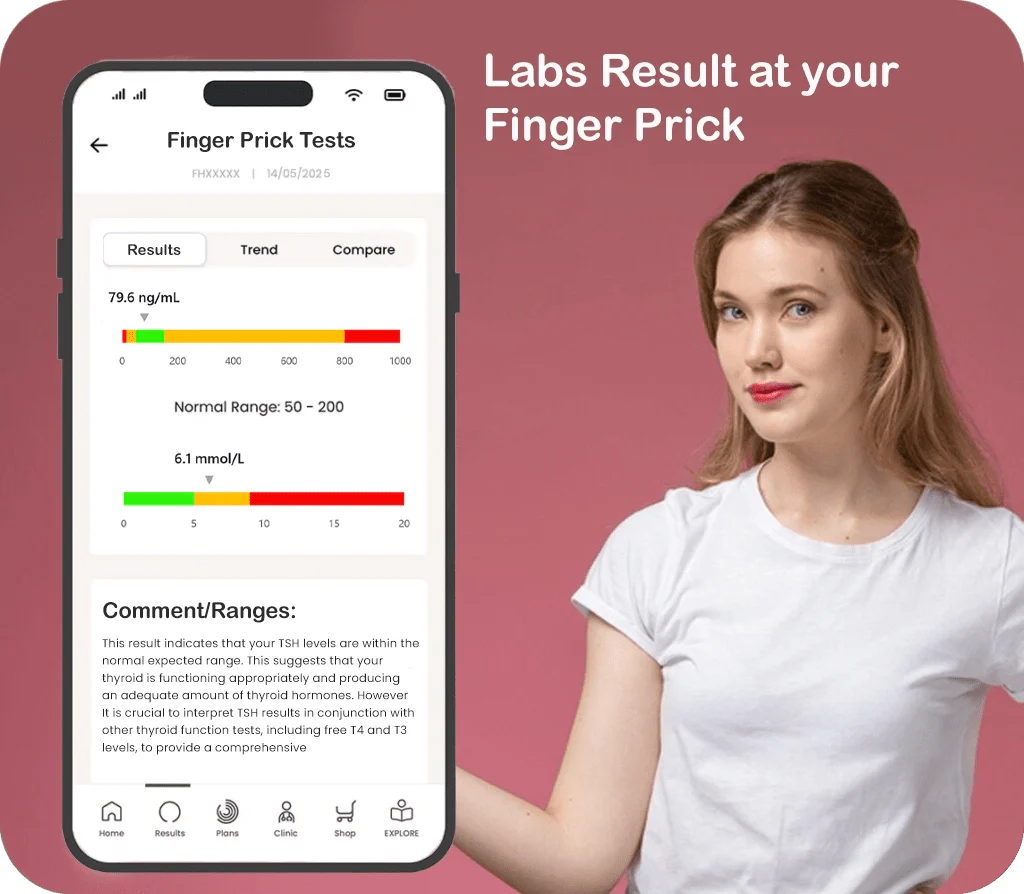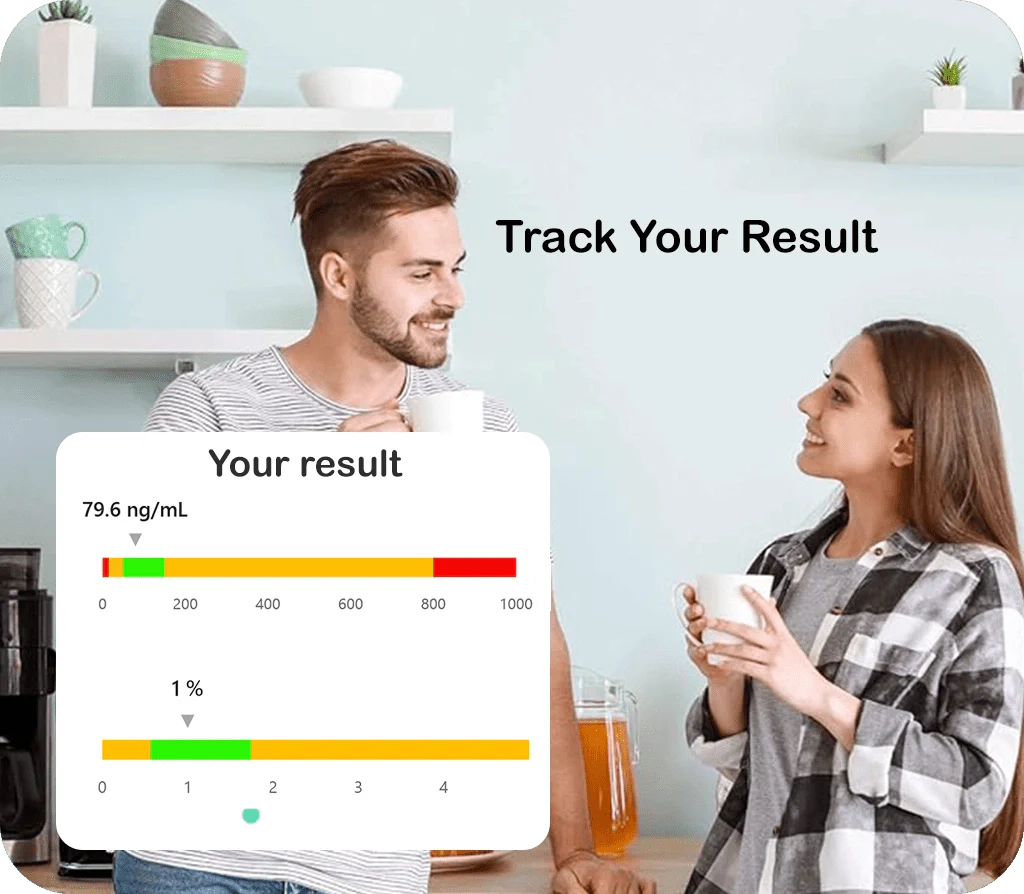My Store
Hormones Profile
Hormones Profile
Unexplained fatigue, depression, weight fluctuations, or irregular periods can all signal underlying hormonal imbalances. The Hormone Health Profile offers a broad assessment of key reproductive and regulatory hormones that influence mood, metabolism, fertility, and overall well-being. It’s ideal for those seeking clarity on hormonal changes, whether due to stress, lifestyle, or age-related shifts.
Couldn't load pickup availability
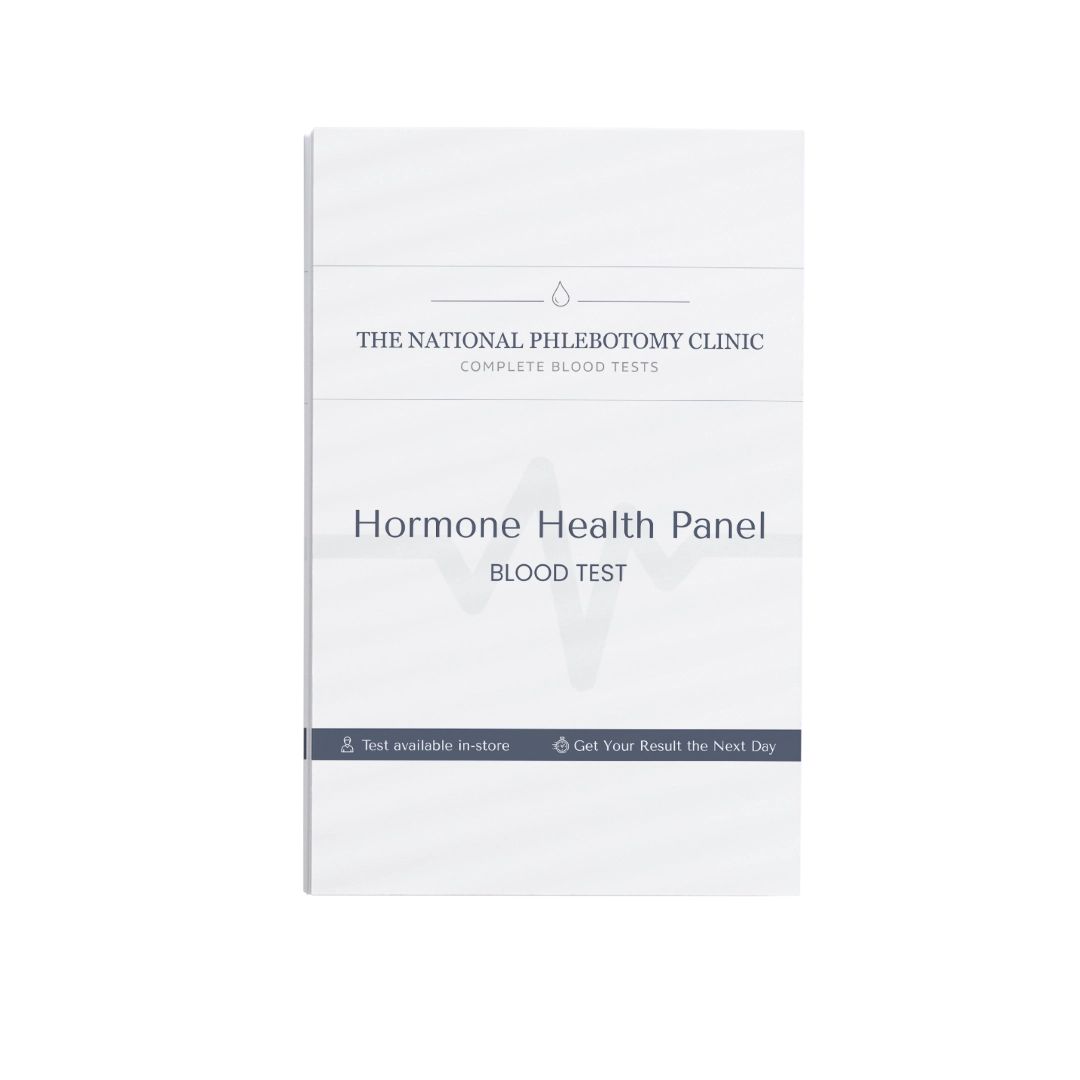
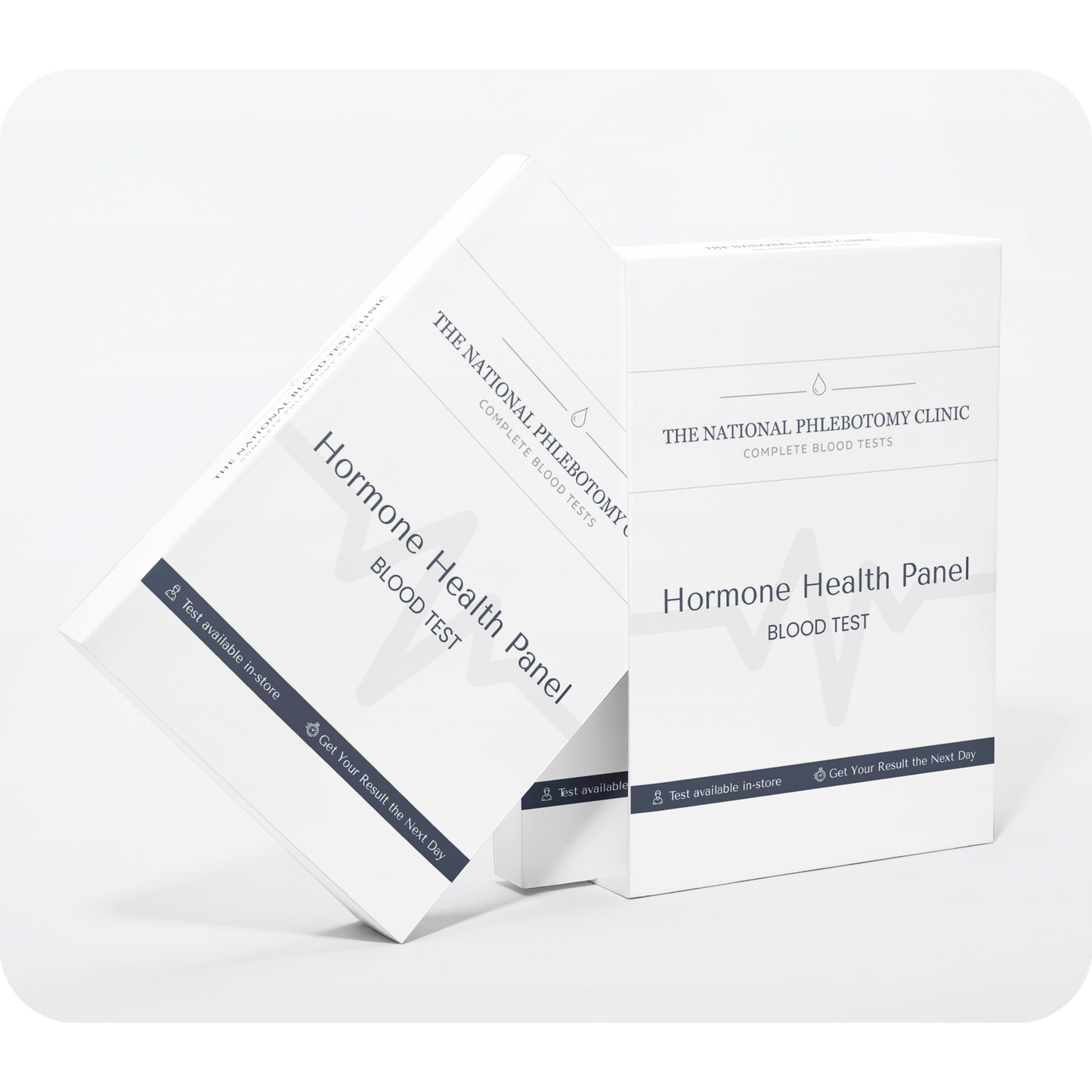
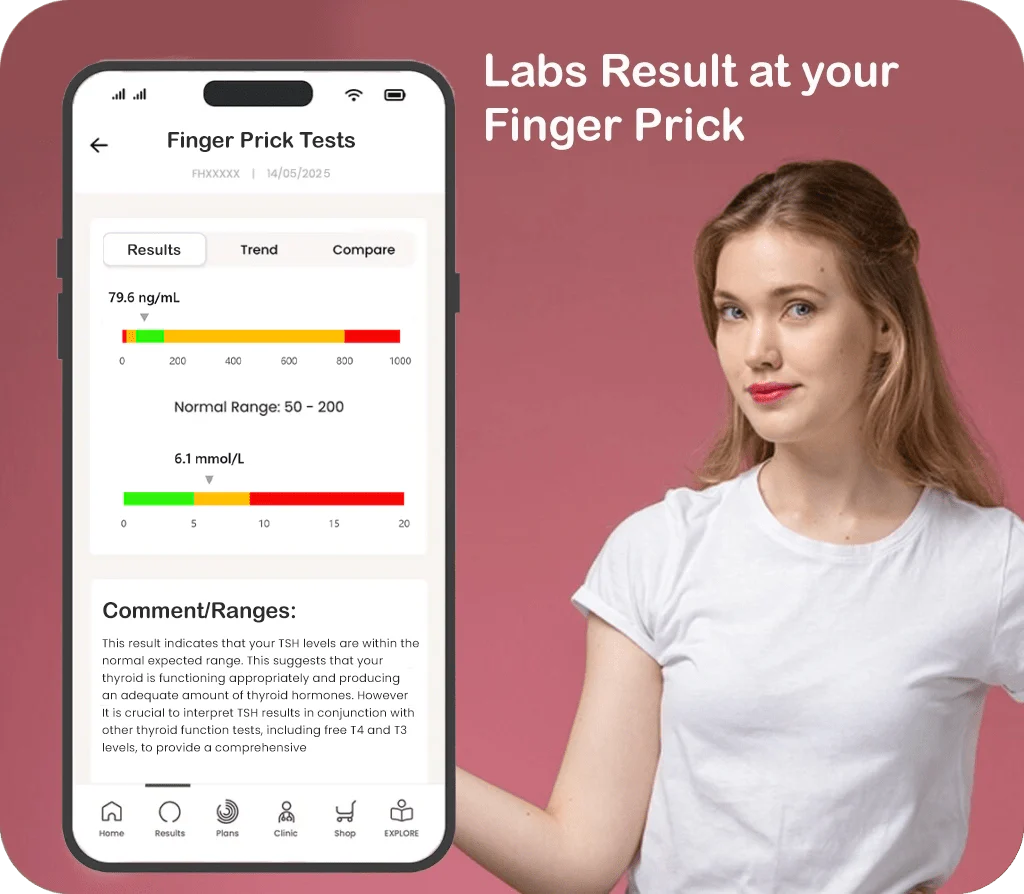
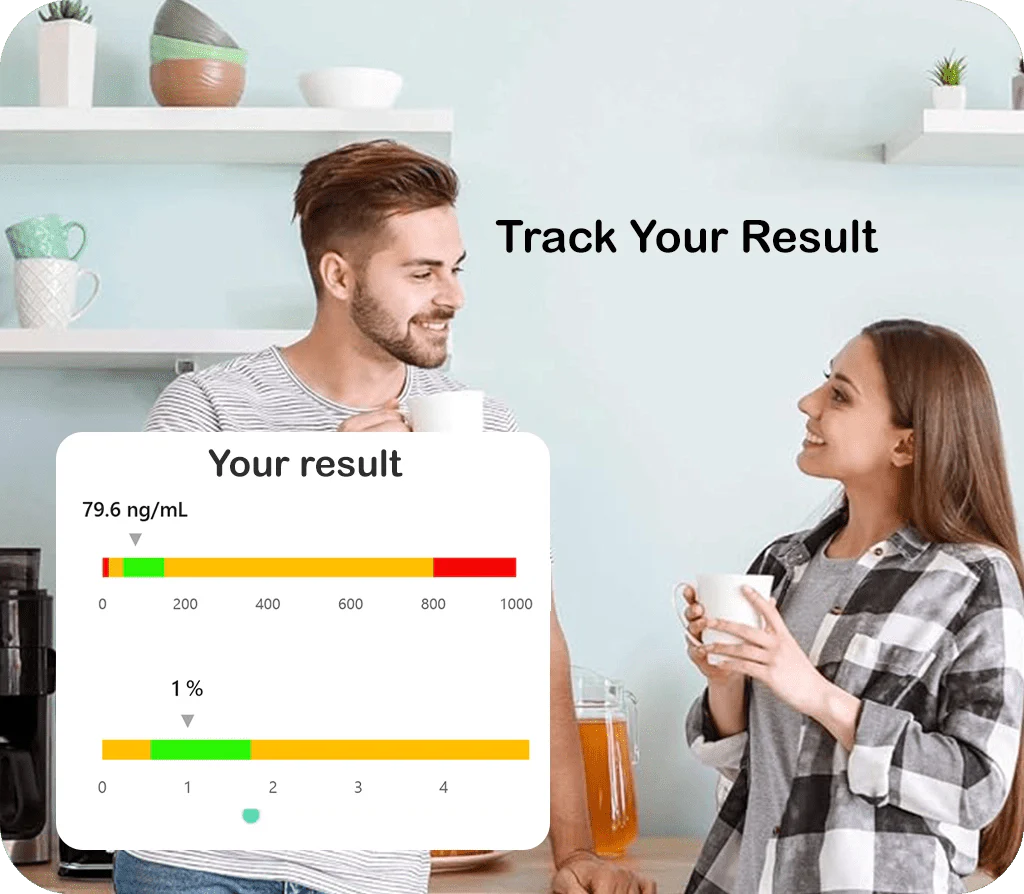
-
Hormone Health Panel
- Oestradiol
- Follicle Stimulating Hormone
- Luteinising Hormone
- Progesterone
- Prolactin
- Testosterone
- Sex Hormone Binding Globulin
- Free Androgen Index
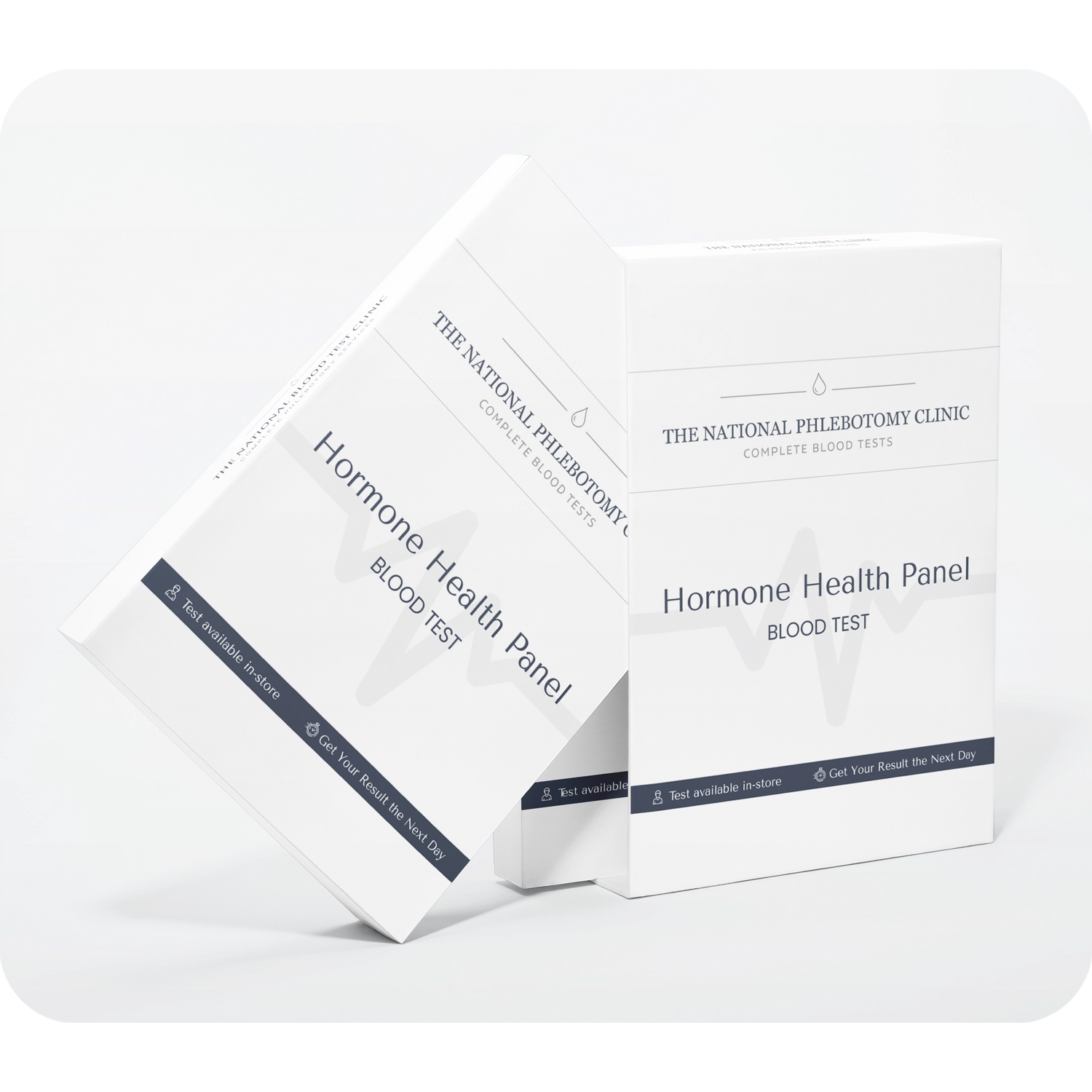
Why Hormonal Health Panel Matters?
Hormones regulate many of the body’s core functions from reproductive health and energy levels to muscle mass and emotional wellbeing. Imbalances can be subtle but have a profound impact on day-to-day life. This panel offers a complete view of hormone status, helping detect early signs of dysfunction and supporting personalised care plans, whether for fertility, menopause, or performance optimisation.
Why Choose Clinic-Based Blood Testing?
-
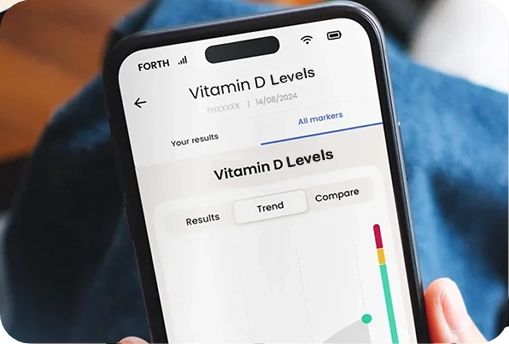
Accurate Results
Samples are collected by trained professionals for precise, lab-quality outcomes.
-

Fast Health Insights
Quick, In-clinic testing enables early detection and faster follow-up care.
-

Expert Oversight
Healthcare staff guide the process and help interpret your results.
-

Nationwide Access
Convenient locations across the UK through The National Phlebotomy Clinic.
FAQs
Collapsible content
What can this test tell me about my fertility?
It evaluates hormones that control ovulation and sperm production, helping detect conditions like PCOS, low testosterone, or ovarian dysfunction that may affect fertility.
Is this panel only for women?
No, it is suitable for both men and women. The panel includes testosterone, oestradiol, and other markers relevant to each sex and their specific hormonal concerns.
Do I need to take this test at a specific time during my cycle?
Yes, for women, timing can be important. Ideally, it should be taken between days 2–5 of the menstrual cycle. Your clinician can advise the best time based on your symptoms.
Can this help with symptoms like mood swings or low energy?
Absolutely. Many of the hormones assessed play roles in mood regulation, energy production, and stress response. Imbalances can often be linked to these symptoms.
Will this test help identify menopause or andropause?
Yes, it can indicate hormone shifts related to menopause in women and age-related testosterone decline (andropause) in men.
Subscribe to our emails
Be the first to know about new collections and exclusive offers.



